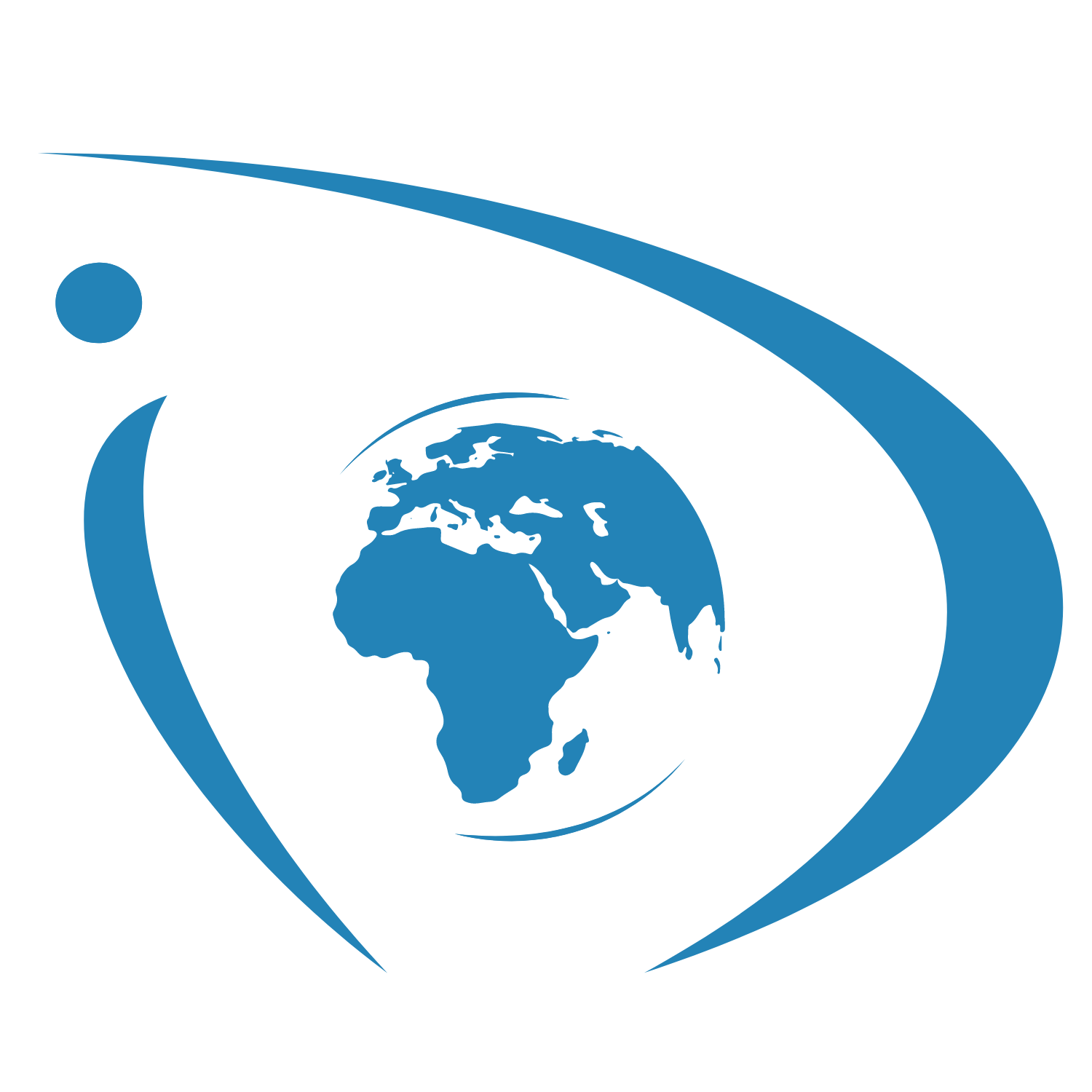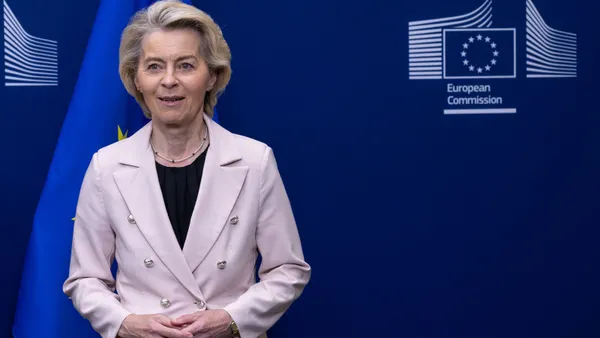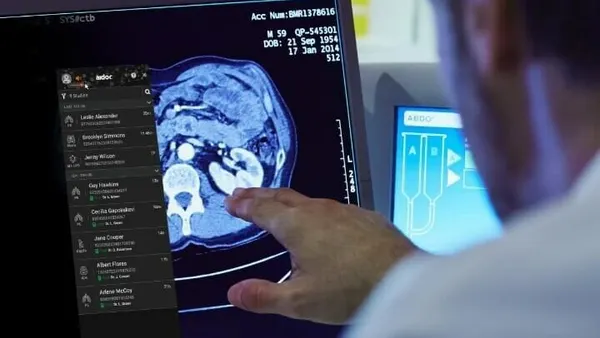Dive Brief:
-
European medtech GTX medical is merging with NeuroRecovery Technologies, a pre-revenue device developer based in Southern California, the companies announced Tuesday. The combined company will be known as GTX medical BV. Financial terms of the deal were not disclosed.
-
The joint company will focus on developing two technologies to improve the functional recovery of people with spinal cord injuries: Targeted Epidural Spine Stimulation (TESS), an implantable spinal cord stimulation system with real-time motion feedback, and Transcutaneous Spinal Cord Stimulation (tSCS), a noninvasive device aimed at restoring upper limb movement and hand function.
-
"One of the reasons we wanted to join forces was because we were perceived as competitors in this space," GTX medical CEO Sjaak Decker told MedTech Dive.
Dive Insight:
News of the merger comes amid an apparent global slowdown in the neuromodulation spinal cord stimulation market, according to UBS analysts who in August pinned the decelerating market on factors including the lack of new product launches.
The newly combined GTX is looking to buck that trend by introducing two new products to the market: TESS, an implantable device designed to help people with paraplegia recover the strength and ability to use their legs again, and tSCS, which is a system in development to restore limb movement through pulses delivered under the skin.
The company is looking to start clinical studies of TESS during 2021, Decker said. Because tSCS already has obtained Expedited Access Pathway designation (now the Breakthrough Devices Program) from the FDA, Decker said the tSCS technology is likely to be approved before TESS in the U.S. The company is also looking to gain CE certification for TESS in the future.
GTX is a spin-off of Swiss university EPFL.
And, despite previous UBS estimates of a growth rate of negative 2% in the second quarter this year in the worldwide spinal cord stimulation market, GTX may be poised to capitalize on the deficit of new products in the market and the benefit of using devices as an alternative to spine surgery.
"The total addressable market in this space exceeds several billion dollars," Decker told MedTech Dive.
While GTX did not provide information on the likely timing of the devices' market introductions. GTX said on its website it's aiming to gain CE certification and FDA approval of TESS in the future.
NeuroRecovery Technologies, based in San Juan Capistrano, California, had been courting investors, describing itself on its website as a "pre-revenue medical device company" seeking "financing to complete the development of their first products." NRT leadership includes former executives from Boston Scientific, St. Jude Medical and Cameron Health.
GTX said the newly formed company's shareholders include LSP, Inkef, Wellington Partners and GIMV. The Christopher & Dana Reeve Foundation is also an investor.
Other competitors in the neuromodulation market include Medtronic, Boston Scientific and Abbott along with smaller companies like Nevro, Stimwave, Nuvectra and Saluda Medical.
This story has been updated with comments from GTX’s CEO.













